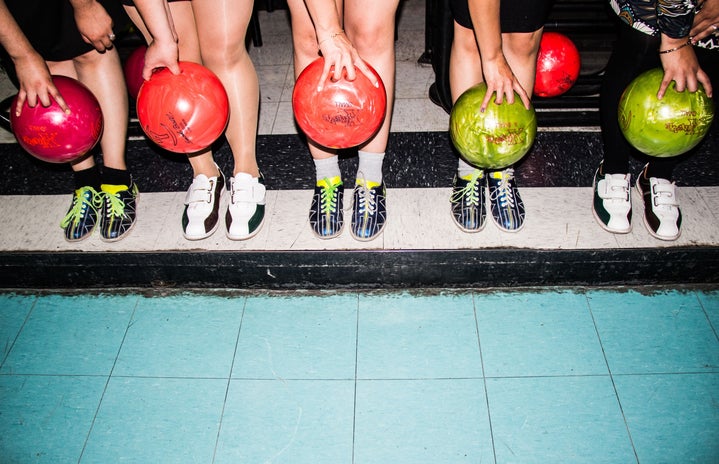A massive part of the American population now is considered to be first and second-generation citizens, yet society still struggles to include these Americans. The U.S. Census Bureau defines first-generation Americans as those who are foreign-born, and second-generation Americans as those with at least one foreign-born parent.
To put a number to these generations, currently, one-quarter of all American children are considered to be first or second generations. That is 19.6 million people, according to the U.S. Census Bureau’s Current Population Survey from 1994-2017, in this specific category.
Wow, I know right? Now that you have all the numbers, it’s time for you to hear a story. As a second-generation American, this issue of generational status hits close to home. My parents immigrated to America from India after getting married in October 1996.
With nothing but each other and a job offer, my parents moved to America. All my parents knew about this faraway land was that it had opportunities for all. That’s the mindset most first-generation Americans come with: the American dream. What seems like a cliche was the reason why many immigrants, like my parents, came to the States.
Once they got here, it was a cultural shock. Now, the language was spoken, not just written in books. Life wasn’t easy, to say the least, and they had to fight against a system they didn’t understand to live. How to commute on the train system here, how to find a decently priced apartment, how much was too much on groceries, how to save, and how to live a full life in a brand new country where they knew no one.
After working hard, making friends, and learning a little more about this new country, my parents had me!
By then, they moved to California with a new job and a place they would call home for themselves and their children. They surrounded themselves with other first-generation citizens who all had the same struggles of making a home in a foreign place.
Imagine trying to raise a daughter in a place you don’t know that well and trying to teach her the proper “American” way to speak and act without knowing it yourself! Well, I’ll give you a hint: it was very hard. My parents worked long hours to make sure I got into the right schools at a young age. They wanted me to learn the language, culture, and the environment so that I wouldn’t be at a disadvantage compared to my peers.
So, that’s what I did.
I grew up in an environment where my parents’ ideals of never having anything handed to you while studying in the American educational system. I was speaking Hindi and Tamil at home while learning how to speak English at school. I, just like many other second-generation Americans, am a blend of two different cultures.
I grew up in both communities, so I was ingrained with the values of both. I knew I deserved access to all types of information, but I also knew I’d have to work twice as hard as my peers to get it. That’s the life of a second-generation American—having the mindset of a first-generation, but being born in the U.S.
Yes, we were born in America, but we were raised with the willpower of those who weren’t. We grew up seeking advice from those who fought to make a mark here, so that’s what we strive to do.
We saw the change in how people viewed us, second-generation Americans, depending on the political climate. We were never treated like everyone else, yet we get ridiculed for saying that we aren’t like all Americans just because of where we were born. It’s frustrating, and it needs to change. First and second-generation Americans worked hard to get to where they are now. So start acknowledging their fight.
We didn’t get the same environment growing up, like those around us. We were taught to want more for ourselves because our parents gave up so much to be here. We also have to fight for knowledge because our parents don’t know that much about the American systems. Just because we are American doesn’t mean we know everything an American knows. So, acknowledge us and be respectful when asking about our lives.
I hope this educated you a little beyond the numbers and gave you a story to put to the statistics. We are a growing part of this diverse America, and I hope this story taught you a little more about our struggle.
Want to keep up with HCBU? Make sure to like us on Facebook, follow us on Instagram, check out our Pinterest board, and read our latest Tweets!



